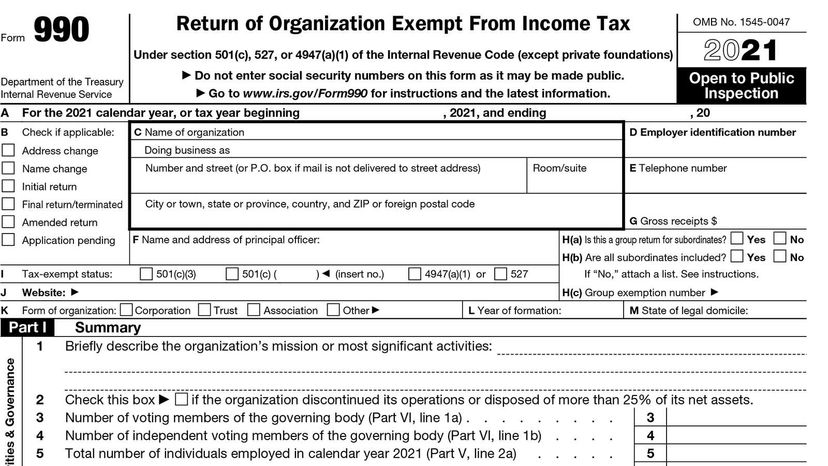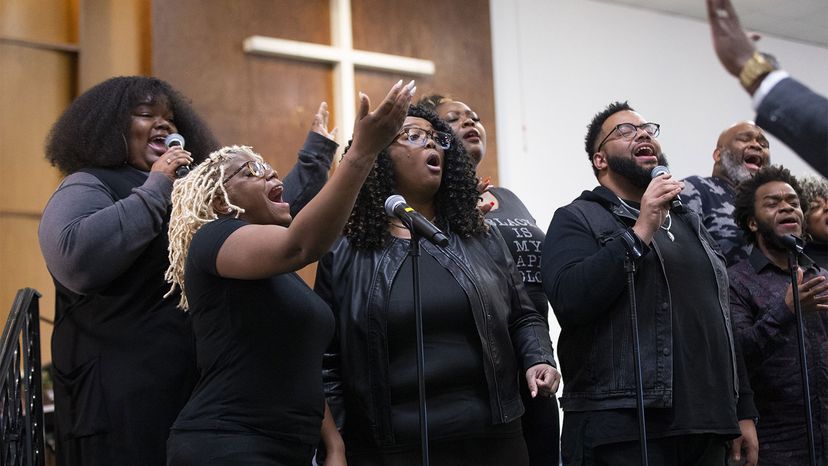
Every year as April 15 looms, taxpayers comb through receipts and scrutinize complicated forms to find ways to reduce their tax bill. Organizations pay taxes, too, of course. But if the IRS has granted them tax-exempt status, tax time can be less stressful. That doesn't mean it's easy to become a tax-exempt organization. The IRS has detailed rules and criteria to determine which groups qualify.
Charitable organizations are what most people think of when they consider tax exemption. These groups include public charities — churches, hospitals, schools, nonprofits, research organizations — and private foundations. To get tax-exempt status, it helps if your group has a charitable, educational or spiritual purpose. If your organization makes money that goes to its members or leadership, it probably isn't tax exempt. But if your group's mission goes beyond making a profit, consider the following ways to be tax exempt.
Advertisement




